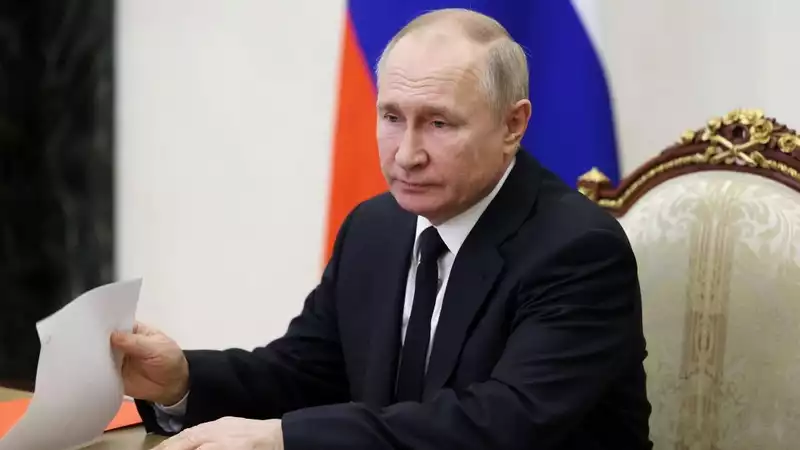Russia has passed an expanded version of a law banning "LGBT propaganda" (opens in new tab) in domestic media, including video games. The expanded version, signed last Monday by President Vladimir Putin, amends a 2013 law banning "propaganda of nontraditional sexual relations" to minors and also covers adults, effectively banning positive portrayals of LGBT people in Russian films, television, books, music, theater, and games .
Individuals who violate this law are subject to fines of up to 400,000 rubles (approx. ¥5,200/6,400), and organizations are subject to fines of up to 5 million rubles (approx. ¥64,825/79,000). A proposal to make repeated violations of this law subject to criminal penalties and imprisonment has, fortunately, so far been rejected.
In mid-November, Russian politician Yana Lantratova, a member of the "Fair Russia - For Truth" party, made media headlines when she published a list (opens in new tab) of specific games with LGBT content. Her list included games such as "Assassin's Creed," "Life is Strange," "The Last of Us," "Dragon Age," and "Rimworld."
An amendment to the bill proposed by Lantratova (open in new tab), which would have banned games that promote "homosexuality, pornography, cruelty, and violence," was rejected by the Duma (Russian parliament). Of course, if video games are found to promote "nontraditional sexual relations," they will still be punishable, but for now they seem to get away with cruelty and violence.
It is difficult to say exactly what is and is not permissible under the expanded law. Because of the ambiguous wording and the relatively new nature of the law, it is not possible to specify exactly what is meant by "propaganda" from the text or case law. Alexander Kinshtein, chairman of the Duma's Information Policy Committee, cites the example of Oscar Wilde (opens in new tab) (via Meduza (opens in new tab)) in an attempt to explain the scope of this law.
However, the deputy head of Roskomnadzor, a Russian media monitoring agency, defined propaganda as "the imposition of information aimed at forming a positive distorted view of a destructive phenomenon. To me, that sounds much broader than what is suggested by the Wilde example in Kinshtein, and I suspect there are a lot of people who would be in conflict with an already less-than-lenient interpretation of a less-than-lenient law.
Activists have told The Moscow Times (open in new tab) that representation of LGBT people is prohibited in Russian media at this time. Also, according to Reuters (opens in new tab), gay bars for adults only are still allowed to function, but advertising and same-sex kissing in public will likely be considered a violation of the law.
This is, of course, an ugly law. If you wonder why Russian politicians are talking about this sort of thing instead of the ongoing and abortive war, you can find the answer in their earlier comments. Hinshtein is quoted as saying that "LGBT today is an element of a hybrid war, and in this hybrid war we must defend our values, our society, and our children." In other words, it is an attempt to defend a distinct Russian state, distinct from and at odds with the West, based on the pillars of Christian faith and social ultra-conservatism. As in the past, the only people caught in the crossfire are the innocent, i.e., LGBT Russians.


Comments